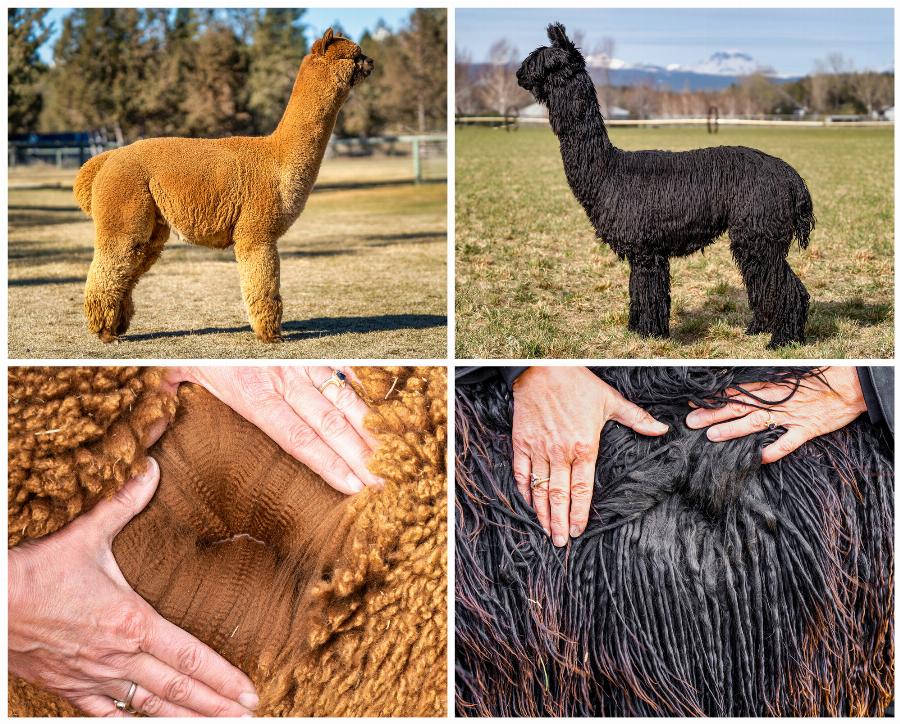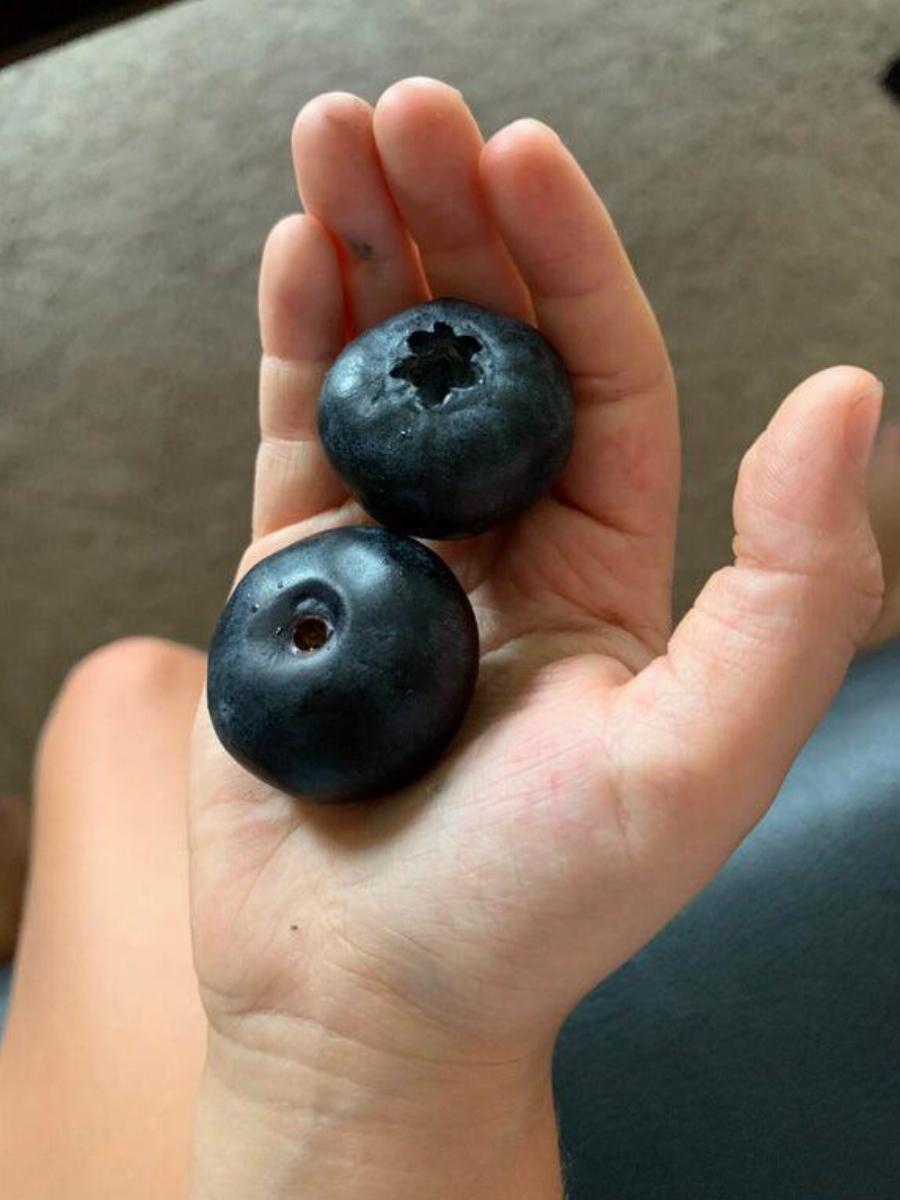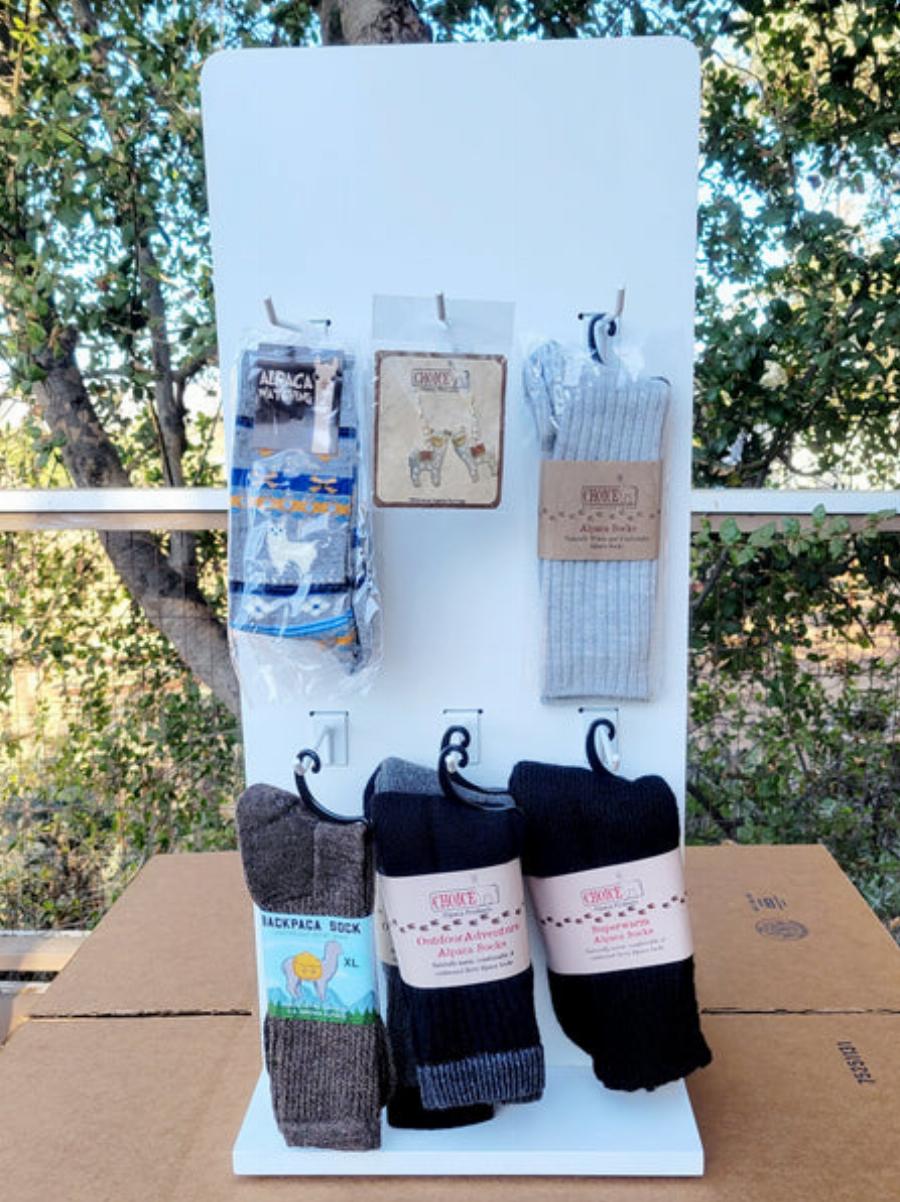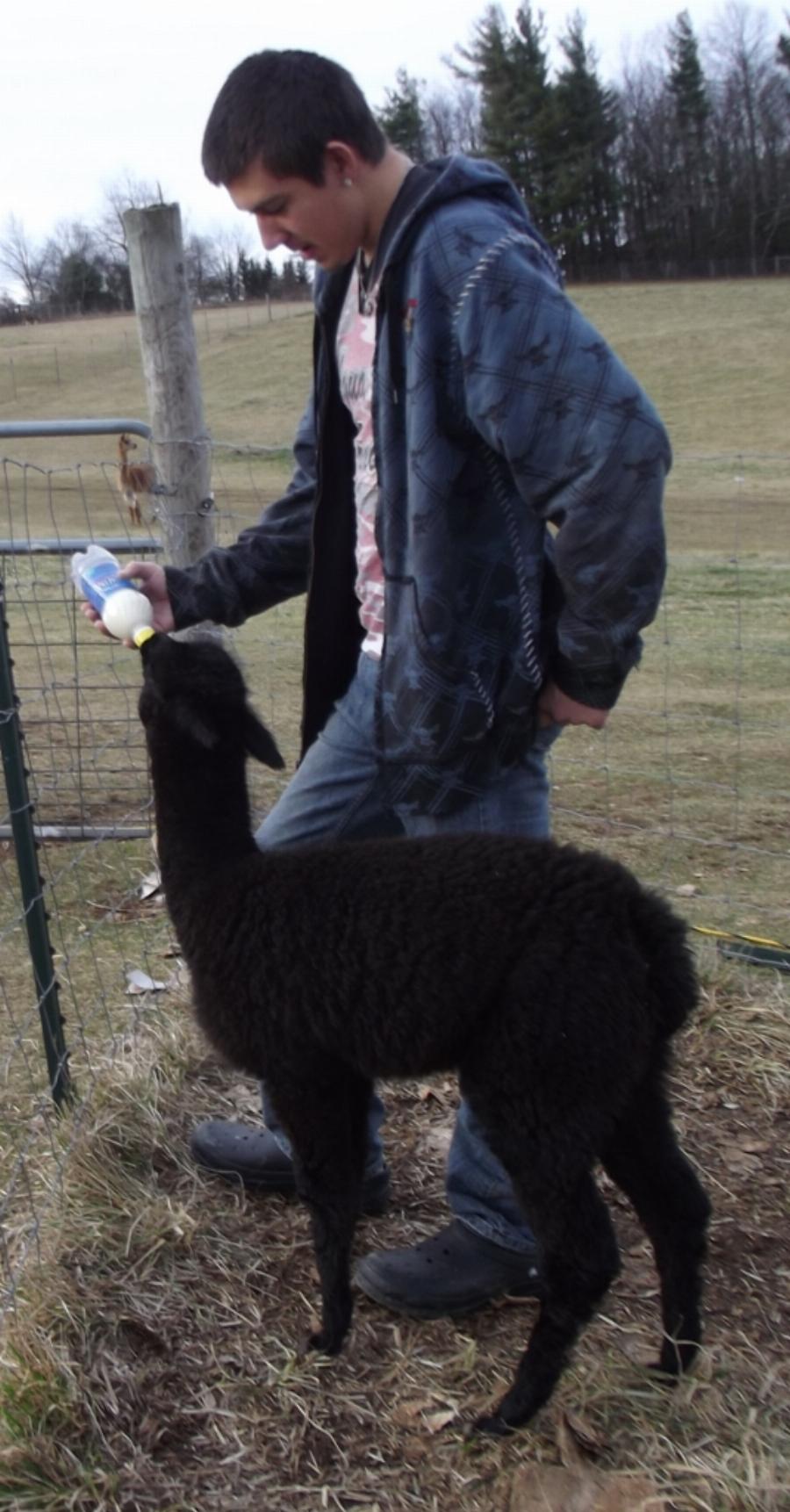Can alpacas eat blueberries? That’s a question many alpaca enthusiasts ponder. While these adorable camelids primarily graze on grass and hay, it’s natural to wonder about supplementing their diet with treats like the sweet, juicy blueberry. Understanding what alpacas can and can’t eat is crucial for their health and well-being. So, let’s dive into the world of alpaca nutrition and discover the answer!
Origin and Significance of Alpacas
Alpacas originated in the Andes Mountains of South America, specifically Peru, Bolivia, Chile, and Ecuador. They have been domesticated for thousands of years, prized for their luxurious fleece and gentle nature. In these high-altitude regions, alpacas have adapted to thrive on the sparse, tough vegetation. Historically, alpacas played a crucial role in the lives of Andean communities, providing not only fiber for clothing and textiles but also meat and dung for fuel.
Types of Alpacas and Their Characteristics
There are two main types of alpacas: Huacaya and Suri. Huacayas, the more common type, have dense, crimped fleece that resembles a fluffy teddy bear. Suris, on the other hand, have long, silky fiber that hangs in lustrous locks. Both breeds come in a wide range of natural colors, from white and beige to brown and black. While their personalities can vary, alpacas are generally known for their gentle, inquisitive, and social nature.
 Alpaca Huacaya and Suri Comparison
Alpaca Huacaya and Suri Comparison
Alpaca Care and Husbandry: What Do Alpacas Eat?
Proper alpaca care and husbandry are essential for their health and happiness. Their diet primarily consists of grass or hay, which provides the necessary fiber for their digestive system. While they are herbivores, their digestive system is quite complex, requiring a balanced diet to maintain their overall well-being. Providing fresh water is crucial, especially in warmer climates. Alpacas are also social animals, thriving in herds, so keeping them with companions is vital for their emotional well-being. Routine veterinary checkups are also important for preventative care and early detection of any potential health issues.
Can Alpacas Eat Fruits and Vegetables?
While grass or hay forms the foundation of an alpaca’s diet, the question “Can alpacas eat fruits and vegetables?” often arises. Indeed, alpacas can enjoy small amounts of certain fruits and vegetables as occasional treats. These can provide variety and supplemental nutrients. However, moderation is key, as too many sugary treats can lead to digestive upset.
 Alpaca Eating Hay in a Field
Alpaca Eating Hay in a Field
Can Alpacas Eat Blueberries: The Verdict
So, back to our original question: can alpacas eat blueberries? Yes, alpacas can eat blueberries, but in moderation. Blueberries are a relatively low-sugar fruit and offer antioxidants and vitamins. However, too many blueberries, like any treat, can disrupt their delicate digestive balance, potentially leading to diarrhea or other problems. Think of blueberries as a special, occasional treat, not a regular part of their diet.
How to Feed Blueberries to Alpacas
When offering blueberries to your alpacas, start with a small handful and observe their reaction. Ensure the blueberries are fresh and washed. Avoid giving them moldy or spoiled fruit. It’s also wise to consult with a veterinarian or experienced alpaca breeder for personalized advice on incorporating treats into your alpacas’ diet.
 Alpaca Eating Blueberries from a Hand
Alpaca Eating Blueberries from a Hand
The Alpaca Industry and Its Products
The alpaca industry revolves around their incredible fleece. Alpaca fiber is known for its softness, warmth, and hypoallergenic properties. It’s used to create a wide range of products, from luxurious sweaters and scarves to cozy blankets and socks. Alpaca fiber is also naturally water-resistant and flame-retardant, adding to its versatility and value. At lovepanchita.com, we offer a beautiful selection of handcrafted alpaca products, showcasing the unique qualities of this remarkable fiber.
Interesting Facts and Myths about Alpacas
Alpacas are fascinating creatures with a rich history. Contrary to popular belief, alpacas are not llamas, although they are closely related. Alpacas are smaller than llamas and have a more gentle temperament. They are also known for their unique “humming” sound, a form of communication used to express a variety of emotions. Another interesting fact is that alpacas are incredibly efficient grazers, requiring less food than other livestock, making them environmentally friendly animals.
 Display of Alpaca Products
Display of Alpaca Products
FAQs about Alpacas and Blueberries
Can baby alpacas eat blueberries?
Baby alpacas, also known as crias, should primarily stick to their mother’s milk and gradually introduced to hay. While a tiny taste of blueberry might not harm them, it’s best to wait until they are older and their digestive system is more developed.
Are there any fruits alpacas should avoid?
Alpacas should avoid fruits with high sugar content, such as grapes and bananas, as these can cause digestive issues. Avocado is also toxic to alpacas and should never be given to them.
What are the signs of digestive upset in alpacas?
Signs of digestive upset in alpacas include diarrhea, loss of appetite, lethargy, and abdominal discomfort. If you notice any of these signs, consult a veterinarian immediately.
How much hay should an alpaca eat per day?
An alpaca typically consumes about 1.5% to 2% of its body weight in hay per day. For example, a 150-pound alpaca would eat approximately 2.25 to 3 pounds of hay daily.
Can alpacas eat blueberry leaves?
While alpacas can nibble on some leaves, blueberry leaves contain toxins that can be harmful to them. It’s best to stick to offering them the berries in moderation.
 Alpaca Cria with its Mother
Alpaca Cria with its Mother
Conclusion
So, can alpacas eat blueberries? The answer is a cautious yes. While these little blue gems can be a delightful treat for your alpaca friends, remember moderation is key. Understanding their dietary needs is essential for responsible alpaca ownership. At lovepanchita.com, we are passionate about sharing the wonders of these amazing animals and the exquisite products made from their fleece. We encourage you to explore the world of alpacas and discover the joy they bring. Share your experiences and connect with fellow alpaca enthusiasts!